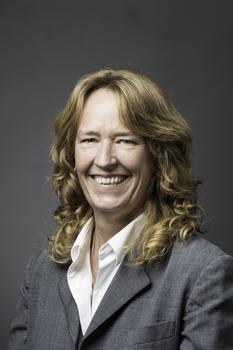In her new book, Inclusion in Tourism: Understanding Institutional Discrimination and Bias (Routledge, April 2023), Sue Slocum, an associate professor in Mason’s School of Sport, Recreation, and Tourism Management, has gathered essays from experts to provide global examples of overcoming discrimination within tourism institutions around the world.

What inspired you to do this book?
Tourism is often assumed to be an inclusive activity where anyone with money or interest can participate. In reality, the travel and tourism industry is rife with structural barriers that prevent or discourage participation for people of color, people with disabilities, and LGBTQ+ people. Moreover, the industry has historically privileged white males in senior management positions. For example, there are more than 650 destination marketing organizations in the United States, which promote a locale for recreational travel and/or business travel, and only 10 of those are managed by a person of color or a woman. In order to address these disparities, I felt a book of this nature could draw attention to these inequalities as a first step to remedying them.
How did you decide what topics to cover?
Edited books often rely on authors to submit their ideas for a book chapter. It is often dependent on what research is being conducted at the time you begin a project. As the chapters were submitted, I did reach out to well-known scholars to help fill the gaps. I also cowrote a chapter to ensure the topics in the book cover a variety of populations, as well as different types of structural discrimination.
Was there anything that surprised you in the research for this book?
I was surprised by chapters that discussed immigration policies that limit opportunities for marginalized groups. For example, there is a chapter on immigration policies in Canada, where academic or experience qualifications from certain countries (mostly developing countries where migrants are non-white) are not recognized, resulting in highly qualified people working in low-paying hospitality jobs, even if they have managed properties in their home country.
What are you working on now?
I am engaged with Airbnb hosts to assess stakeholder perceptions of Airbnb diversity policies. Many of these policies are a result of lawsuits filed against Airbnb. The challenge is that Airbnb hosts are not actually employees of the company, but private business entities, so that brings in elements of personal property rights versus diversity and inclusion.
Read More
- January 8, 2025
- May 15, 2024
- November 7, 2023
- March 1, 2022
- May 3, 2021
